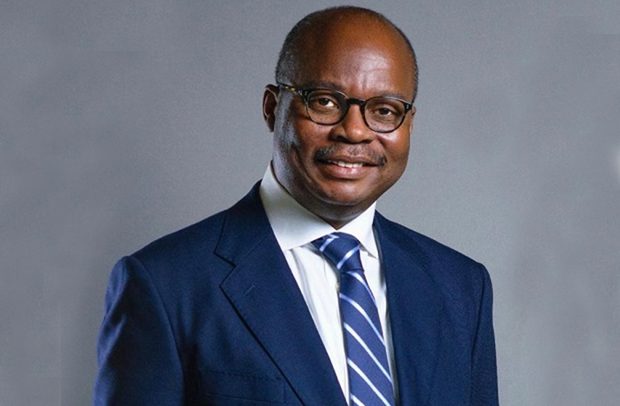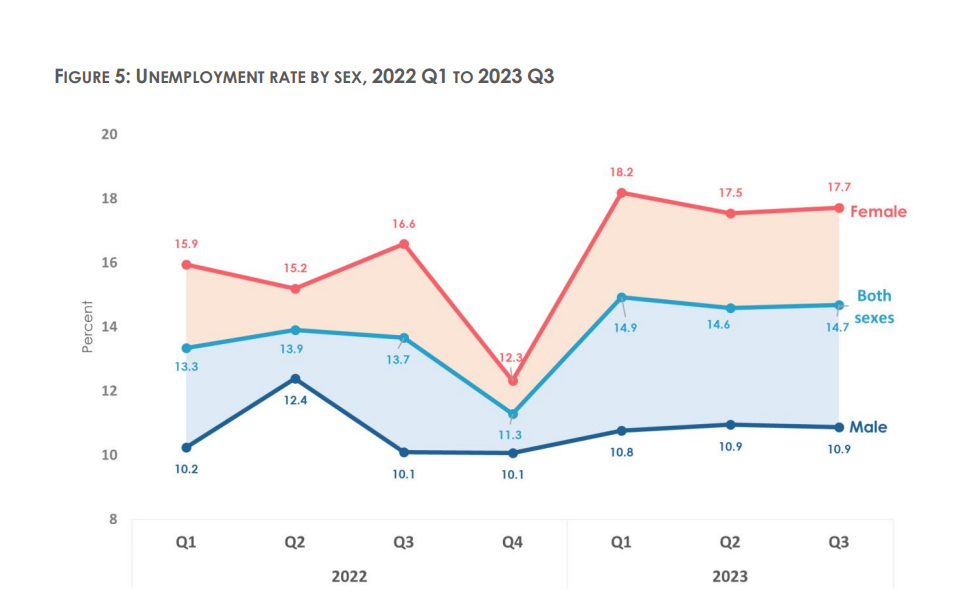
The Bank of Ghana has maintained the Monetary Policy Rate at 17.0 per cent contrary to speculations by some financial analysts that the BoG will drop the rate.
The Central Bank cited the uncertainty in the global economy and subdued inflationary pressures on the Ghanaian economy as some of the reasons for maintaining the MPR.
Financial analysts earlier this month had predicted that the BoG would cut the policy by 300 basis points given the strong disinflation process underway and the policy easing by the BoG since last year.
Announcing the new policy rate at the BoG's 83rd regular meeting of the Monetary Policy Committee of the BoG in Accra yesterday, the Governor of the BoG, Dr Ernest Addison explained that the decision to maintain the MPR was influenced by the uncertainties in the external global environment, occasioned by the trade tensions between the US and China, and in the crude oil market could impact on global growth.
He also indicated that the further tightening of US monetary policy would have adverse implications on capital flows and currency markets for emerging and frontier markets, hence the need to maintain the MPR.
"Over the past two months, normalisation of US monetary policy resulting in strengthening of the US dollar and rising US yields have continued to weigh-in on emerging market assets. A combination of these factors led to tight financing conditions and reverse capital flows in a number of emerging market and frontier economies, including Ghana," the Governor who is also the Chairman of the MPC said.
Dr Addison opined that though core and headline inflation had trended up in recent months "inflation expectations remain broadly anchored".
"In assessing the balance of risks, the committee was of the view that although inflation has moved upwards in the recent readings, this came mainly from the effects of increases in administered prices of petroleum and transportation costs. The committee viewed that the second round effects from these relative prices changes would not be significant enough to alter the inflation trajectory over the medium-term. This would require continued fiscal consolidation together with tight monetary policy to keep inflation with the target band," he said.
Dr Addison said the Ghanaian economy remained buoyant with the current growth 6.8 per cent GDP growth in the first quarter of 2018, compared with 6.7 per cent in the same period of 2017, pointing out that the growth pickup was evidenced in a strong rebound by the services sector, which rose by 5.2 per cent, compared with 3.4 per cent in the same period of 2017.
"The Bank's Composite of Economic Activity (CIEA) also showed a strong pickup reflecting increased industrial consumption of electricity, cement sales and exports. The real CIEA recorded an annual growth of 3.2 per cent in May 2018, compared to 2.6 per cent in the corresponding period of 2017," Dr Addison said.
The Governor observed that businesses and consumers were positive on growth and employment prospects, despite concerns about exchange rate movements.
Touching on the depreciation of the Cedi, Dr Addison said disinvestment by some external investors in the Ghanaian economy and increased demand for foreign exchange from the corporate and energy related sectors, exerted pressure on the domestic currency market.
The local currency, which had performed strong against the major international currencies over the first four months of the year, depreciated in May and June and the in the year to July 19, the Cedi has cumulatively depreciated by 5.8 per cent against the US dollar, compared to 3.9 per cent observed during the same period of last year.
Read Full Story




















Facebook
Twitter
Pinterest
Instagram
Google+
YouTube
LinkedIn
RSS